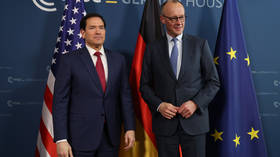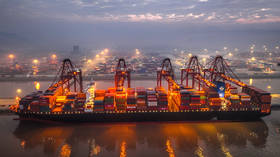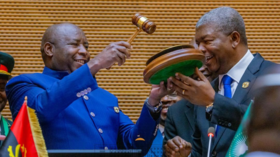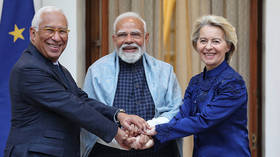British police secretly operated outside democratic control for years
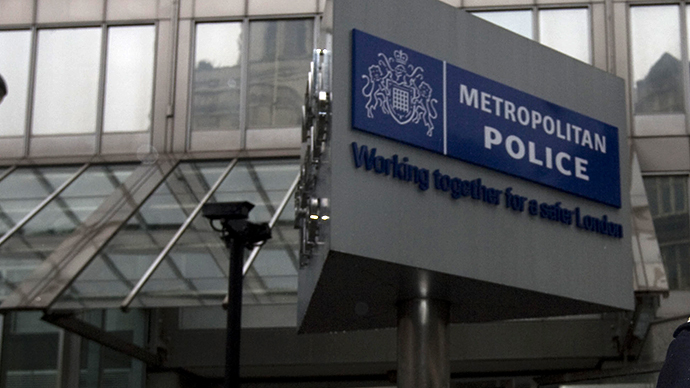
In the wake of the ongoing Edward Snowden saga, a smaller but still important whistleblower story flared and faded last week in the UK media.
Peter Francis revealed that 20 years ago he had worked as an undercover cop in the Metropolitan Police Force's secret Special Demonstrations Squad (SDS). Francis said he was tasked to dig up dirt which the Met could use to discredit the family of murdered black teenager, Stephen Lawrence, and thereby derail their campaign for a full and effective police investigation into his death. The Lawrence family correctly believed the original investigation had been fumbled because of institutional racism by the police at that time.
The fact the secret police squad were posing as activists to infiltrate protest groups will come as no shock after the cascade of revelations about secret policemen in 2011, starting with DC Mark Kennedy/environmental activist "Mark Stone". Kennedy was uncovered by his "fellow" activists, and nine more quickly emerged in the wake of that scandal. This has resulted in an enquiry into the shadowy activities of these secret officers, accusations that the Crown Prosecution Service suppressed key evidence in criminal trials , and a slew of court cases brought by women whom these (predominantly male) police officers seduced.
But the disclosures of Peter Francis plumb new depths. In the wake of the Stephen Lawrence murder, many left-wing and anti-Nazi groups jumped on the bandwagon, organising demonstrations and provoking confrontations with the far-right British National Party. There was a clash near the BNP's then bookshop in south London in 1993. So, sure, the Met Police could potentially just about argue that the undercover officers were trying to gather advance intelligence to prevent public disorder and rioting, although the sheer scale of the operation was utterly disproportionate.
However, what is completely beyond the pale is this apparent attempt to smear the traumatised family of a murder victim in order to derail their campaign for justice.
The role of undercover cops spying on their fellow citizens who are politically active is distasteful in a democracy. And the fact that, until the original scandal broke in 2011, the reconstituted SDS continued to target peace and environmental protest groups who offered no threat whatsoever to national security is disgraceful - it smacks of the Stasi in East Germany.
To make matters even worse, when details emerged two years ago, it became apparent that the SDS Version 2.0 was operating outside the formal hierarchy of the police, with what little democratic oversight that would provide. In fact, it emerged that the SDS had been renamed the National Public Order Intelligence Unit (NPOIU) and had for years been the fiefdom of a private limited company - the Association of Chief Police Officers (ACPO). Within a notional democracy, this is just gobsmacking.
So how did this mess evolve?
From the late 19th century the Metropolitan Police Special Branch
investigated terrorism while MI5, established in 1909, was a
counter-intelligence unit focusing on espionage and political
"subversion". The switch began in 1992 when Dame Stella
Rimington, then head of MI5, effected a Whitehall coup and stole
primacy for investigating Irish terrorism from the Met. As a
result MI5 magically discovered that subversion was not such a
threat after all – this revelation only three years after the
Berlin Wall came down – and transferred all its staff over to the
new, sexy counter-terrorism sections. Since then, MI5 has been
eagerly building its counter-terrorism empire, despite this being
more obviously evidential police work.
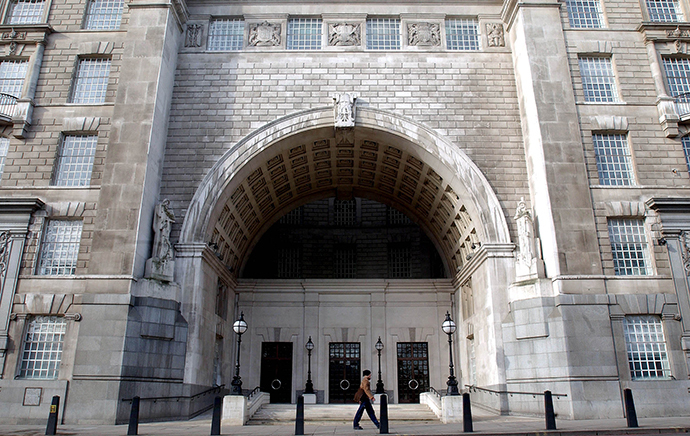
Special Branch was relegated to a supporting role, dabbling in organised crime and animal rights activists, but not terribly excited about either. Its prestige had been seriously dented. It also had a group of experienced undercover cops – known then to MI5 as the Special Duties Section – with time on their hands.
It should therefore come as little surprise that ACPO came up with the brilliant idea of using this skill-set against UK "domestic extremists". It renamed the SDS as the NPOIU, which first focused primarily on potentially violent animal rights activists, but mission creep rapidly set in and the unit's role expanded into peaceful protest groups. When this unaccountable unit was revealed it rightly caused an outcry, especially as the term "domestic extremist" is not recognised under UK law, and cannot legally be used as justification to aggressively invade an individual's privacy because of their legitimate political beliefs and activism.
So, as the police become ever more spooky, what of MI5?
As I mentioned, they have been aggressively hoovering up the prestigious counter-terrorism work. But, despite what the Americans have hysterically asserted since 9/11, terrorism is not some unique form of "eviltude". It is a crime – a hideous, shocking one, but still a crime that should be investigated, with evidence gathered, due process applied and the suspects on trial in front of a jury.
A mature democracy that respects human rights and the rule of law should not intern suspects or render them to secret prisons and torture them for years. And yet this is precisely what our spooks have been doing – particularly when colluding with their US counterparts.
Also, MI5 and MI6 have for years operated outside any realistic democratic oversight and control. Until this year, the remit of the Intelligence and Security Committee in Parliament has only covered the policy, administration and finance of the spies. Since the committee's inception in 1994 it has repeatedly failed to meaningfully address more serious questions about the spies' role, and has been repeatedly lied to by senior spies and police officers.
The spooks are effectively above the law, while at the same time protected by the draconian Official Secrets Act. This makes the abuses of the NPOIU seem almost quaint. So what to do? A good first step might be to have an informed discussion about the realistic threats to the UK. The police and spies huddle behind the protective phrase "national security". But what does this mean?
The core idea should be safeguarding the nation's integrity. A group of well-meaning environmental protesters should not even be on the radar. And, no matter how awful, the occasional terrorist attack is not an existential threat to the fabric of the nation in the way of, say, the planned Nazi invasion in 1940. Nor is it even close to the sustained bombing of government, infrastructure and military targets by the Provisional IRA in the 70s-90s.
Only once we understand the real threats can we as a nation discuss the necessary steps to take to protect ourselves effectively; what measures should be taken, what liberties occasionally and legally compromised, and what democratic accountability exists to ensure that the security forces do not exceed their remit and work within the law.
It is only by going through this process that can we ensure such scandals as the secret police will remain firmly in the past. And in the wake not only of Peter Francis's confessions, but the sheer scale of the endemic electronic surveillance revealed by Edward Snowden, this long-overdue national debate becomes ever more necessary.
The statements, views and opinions expressed in this column are solely those of the author and do not necessarily represent those of RT.
The statements, views and opinions expressed in this column are solely those of the author and do not necessarily represent those of RT.






